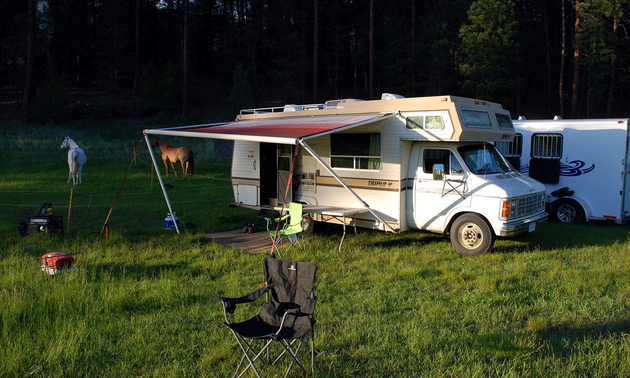Tips for Caring for a Loved One With Alzheimer’s in Your Home
When a family member is diagnosed with Alzheimer’s, the need for compassionate care becomes a central part of daily life. Caring for a loved one with Alzheimer’s at home can be a profoundly loving yet complex journey, requiring thoughtful preparation and adjustments to your living environment and daily routines. Ensuring safety, providing comfort, and understanding the disease are vital steps in offering effective support. In this article, we will explore practical tips and strategies to assist caregivers in creating a nurturing home setting for individuals living with Alzheimer’s.
Creating a Safe and Comfortable Home Environment for Alzheimer’s Care
Ensuring that your home is a safe haven for a loved one with Alzheimer’s is paramount. This involves removing potential hazards, installing safety locks on cabinets and doors, and ensuring that walkways are clear to prevent falls. Limiting access to potentially dangerous items like knives, medications, and cleaning agents is also important.
Creating a comfortable environment is equally important. Providing a calm and orderly space can help reduce anxiety and confusion for a person with Alzheimer’s. Consider incorporating calming colors and textures into your home decor, such as soft pillows and blankets, and consider using fake plants decor for a touch of nature without the maintenance.
Good lighting can prevent accidents and reduce agitation in individuals with Alzheimer’s. Automated lighting systems or nightlights can help your loved one navigate their home safely after dark. Additionally, labeling items around the house can assist your loved one in finding things they need without getting frustrated or confused.
It is essential to make the home easy to navigate. You should rearrange furniture to create wide, obstacle-free pathways and consider installing grab bars in critical areas such as the bathroom. Regularly checking the home for new potential risks and hazards will help maintain a safe environment as your loved one’s condition evolves.
Understanding and Managing Alzheimer’s Symptoms and Behaviors
As Alzheimer’s progresses, your loved one may experience a variety of symptoms and behaviors that can be challenging to manage. These can include memory loss, confusion, mood swings, and even aggression. Educating yourself about these behaviors can improve your ability to handle them compassionately and effectively.
Structuring daily routines can lend a sense of predictability and security, which is comforting for Alzheimer’s patients. Maintain consistency with meal times, exercise, and bedtime routines as much as possible. This consistency also helps manage expectations and reduce anxiety.
One common challenge is dealing with repetition, such as repeated questions. React patiently, offering the same answer as calmly as possible or slightly rephrasing it if needed. Realize that this behavior often stems from a need for security rather than the need for the information itself.
For further insight, it’s advisable to connect with organizations dedicated to Alzheimer’s care and research. Resources such as the Fisher Center for Alzheimer’s Research Foundation provide valuable information and support for those caring for individuals with Alzheimer’s disease. For more information, visit https://www.alzinfo.org/.
Supporting Daily Activities and Preserving Independence
As the ability to perform daily activities diminishes with the progression of Alzheimer’s, caregivers can adopt strategies to help support these activities and preserve the patient’s sense of independence. They can break tasks into smaller steps and provide gentle guidance when needed without taking over completely.
Incorporate practical aids to help your loved one manage better independently. This might include clothing with easy-to-use fasteners, color-coded or labeled items for easy identification, and technology such as automatic pill dispensers or locator devices for commonly misplaced items.
Focus on what your loved one can do rather than their limitations. Encouraging them to participate in simple household chores, such as folding laundry or setting the table, can provide a sense of accomplishment and help them stay engaged in daily life.
While adapting the home is important, maintaining a routine with outside activities is also beneficial. Simple outings, such as walks in the park or visits to a community center, can stimulate and help your loved one remain as active and independent as possible.
Altogether, caring for a loved one with Alzheimer’s at home requires a balance of safety, compassion, and understanding. Caregivers can provide meaningful support by creating a secure environment, maintaining routines, and fostering independence where possible while enhancing their loved one’s quality of life.
Stay in touch to get more news & updates on Ny Heading!





